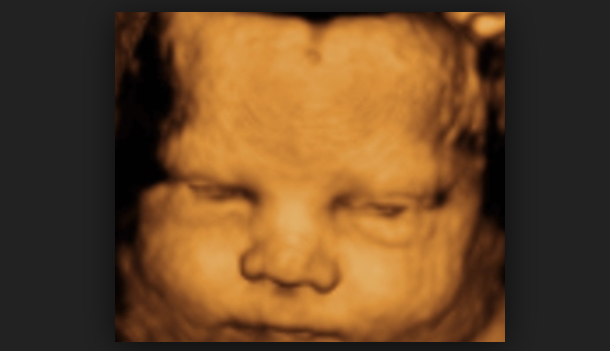Lawmakers in New South Wales, Australia defeated a bill Thursday that would have allowed abortions for any reason up to birth, ABC Australia reports.
For now, the abortion death of an unborn baby technically will remain a crime in the Australian state.
However, the criminal code is overshadowed by a 1971 court decision that made abortions legal in the state when the woman’s physical or mental health is in danger, The Guardian reports. The new bill would have expanded this by decriminalizing abortion without limits.
The upper house of the NSW Parliament rejected the abortion bill in a 25 to 14 vote Thursday, while pro-lifers and abortion activists protested outside, according to The Guardian.
Inside, even abortion supporters expressed doubts about the bill.
The Labor Party’s Walt Secord voted for the bill, but he also brought up concerns about it legalizing abortion without any guidelines or limitations, according to ABC.
“The bill in its current form places no limit on the gestation at which an abortion can be performed, it does not mandate if it can be performed by a clinician, it does not provide a framework, it just takes [it] away,” Secord said.
Click here to sign up for pro-life news alerts from LifeNews.com
Member of Parliament Mehreen Faruqi, who sponsored the bill, claimed Secord’s statement was based on “misinformation.”
“This bill does not change current medical practice on late-term pregnancy termination and to suggest otherwise is misinformed,” Farqui said.
However, she did not clarify what this meant. Abortion activists often claim that late-term abortions only are performed when there is a fetal anomaly or a risk to the mother’s physical health, so limits to late-term abortions are not needed.
But even abortionists admit that they perform late-term abortions on healthy babies and moms. Late-term abortionist Martin Haskell told “American Medical News” that about 80 percent of the late-term abortions he does are “elective,” while about 20 percent are for fetal anomalies.
Without legal limits in place, viable late-term unborn babies could be aborted for any reason up to birth.
Here’s more from the report:
“The genie is out of the bottle now, more people than ever are awakened to this injustice and I am confident that under a less conservative parliament, less dominated by conservative men, abortion will be taken out of the Crimes Act and women will be able to access reproductive health clinics without harassment in future,” Faruqi said.
The Catholic church mobilised in opposition to Faruqi’s bill, led by Sydney archbishop, Anthony Fisher.
“Archbishop Fisher has asked all Catholics in Sydney and others of goodwill to defend life by giving a voice to unborn and signing a petition to the NSW members of parliament,” a statement on the archdiocese’s website said last month.
The archdiocese noted that the bill would have required doctors who object to abortion to refer women seeking abortions to doctors who do not object. It also would have set up an onerous, 150-meter (nearly 500-foot) buffer zone around abortion clinics to inhibit pro-life sidewalk counselors who try to help women outside, according to the archdiocese.
“[It] would prevent those who wish to offer assistance to pregnant women or hold prayerful vigils for life from coming within 150 metres from a clinic,” according to the archdiocese. “Those who did so would be punished with thousands of dollars in fines and/or up to 12 months imprisonment.”
Australian state laws vary on abortion. Like NSW, Queensland prohibits abortions except when there is a danger to a woman’s health, according to ABC. Victoria, Tasmania and the Australian Capital Territory allow abortions up to 9 months, though there are some restrictions for late-term abortions.








